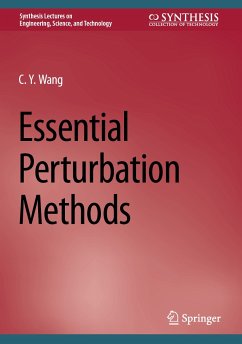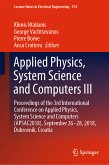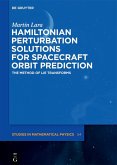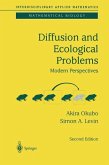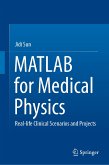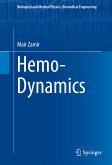This book presents the modeling and scaling of physical problems, which result in normalized perturbation equations. This is followed by solving perturbation problems and evaluating the results. The author refines perturbation methods into simple, understandable elements and avoids unnecessary theorems and proofs. In addition, the results are consolidated and interpreted, and the presented examples are succinct to illustrate the essential techniques. This book is ideal and beneficial for practicing scientists and engineers who need to understand and apply perturbation methods to difficult problems with applications in mathematics, engineering, and biology. Discussions on new perspectives, simpler presentations on convergence, and the expansion of integrals are included.
In addition, this book:
- Refines perturbation methods into simple, understandable elements for practicing scientists and engineers;
- Models and scales physical problems resulting in normalized perturbation equations;
- Contains practical and necessary tools for using and applying perturbation methods.
Dieser Download kann aus rechtlichen Gründen nur mit Rechnungsadresse in A, B, BG, CY, CZ, D, DK, EW, E, FIN, F, GR, HR, H, IRL, I, LT, L, LR, M, NL, PL, P, R, S, SLO, SK ausgeliefert werden.

